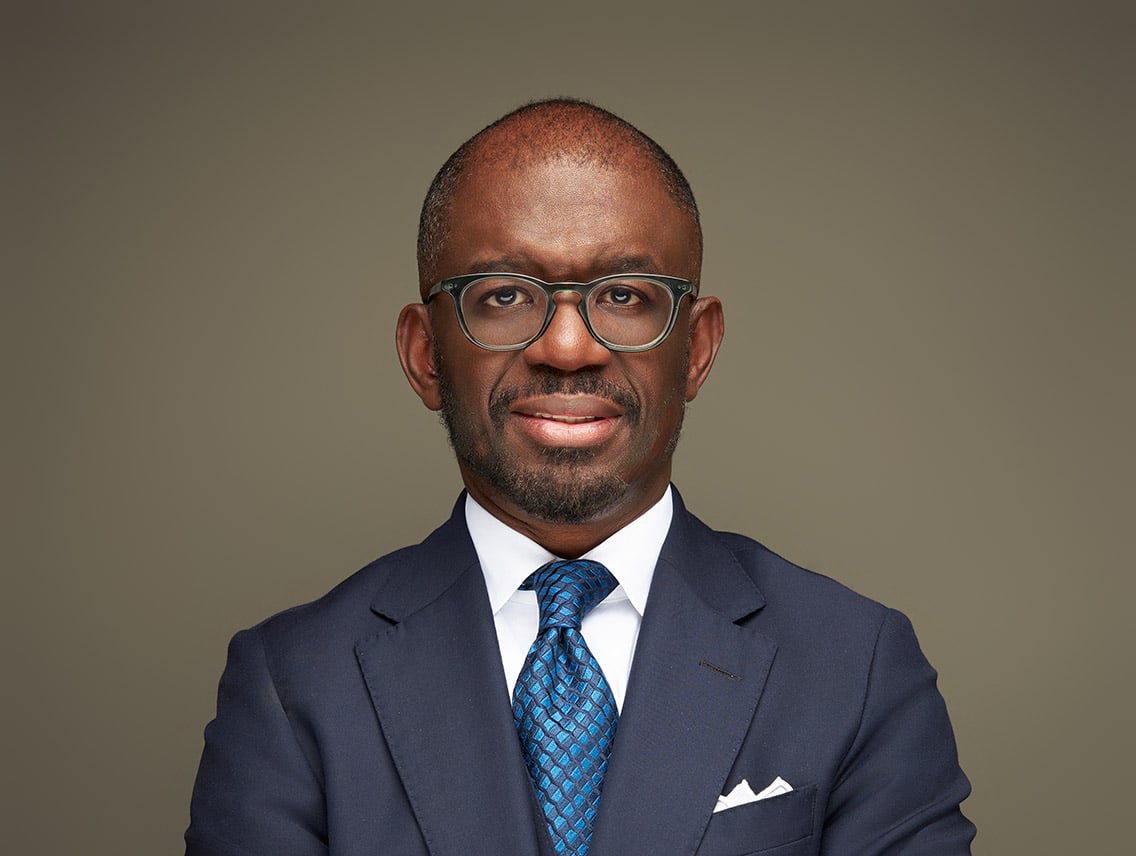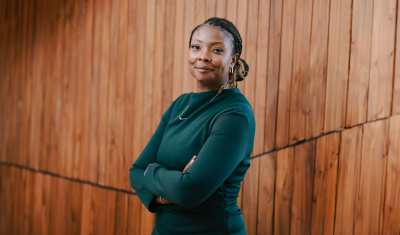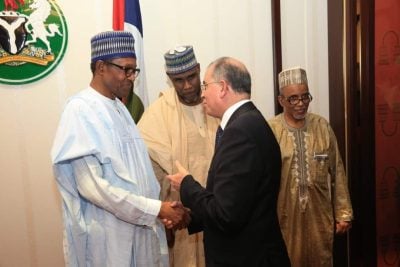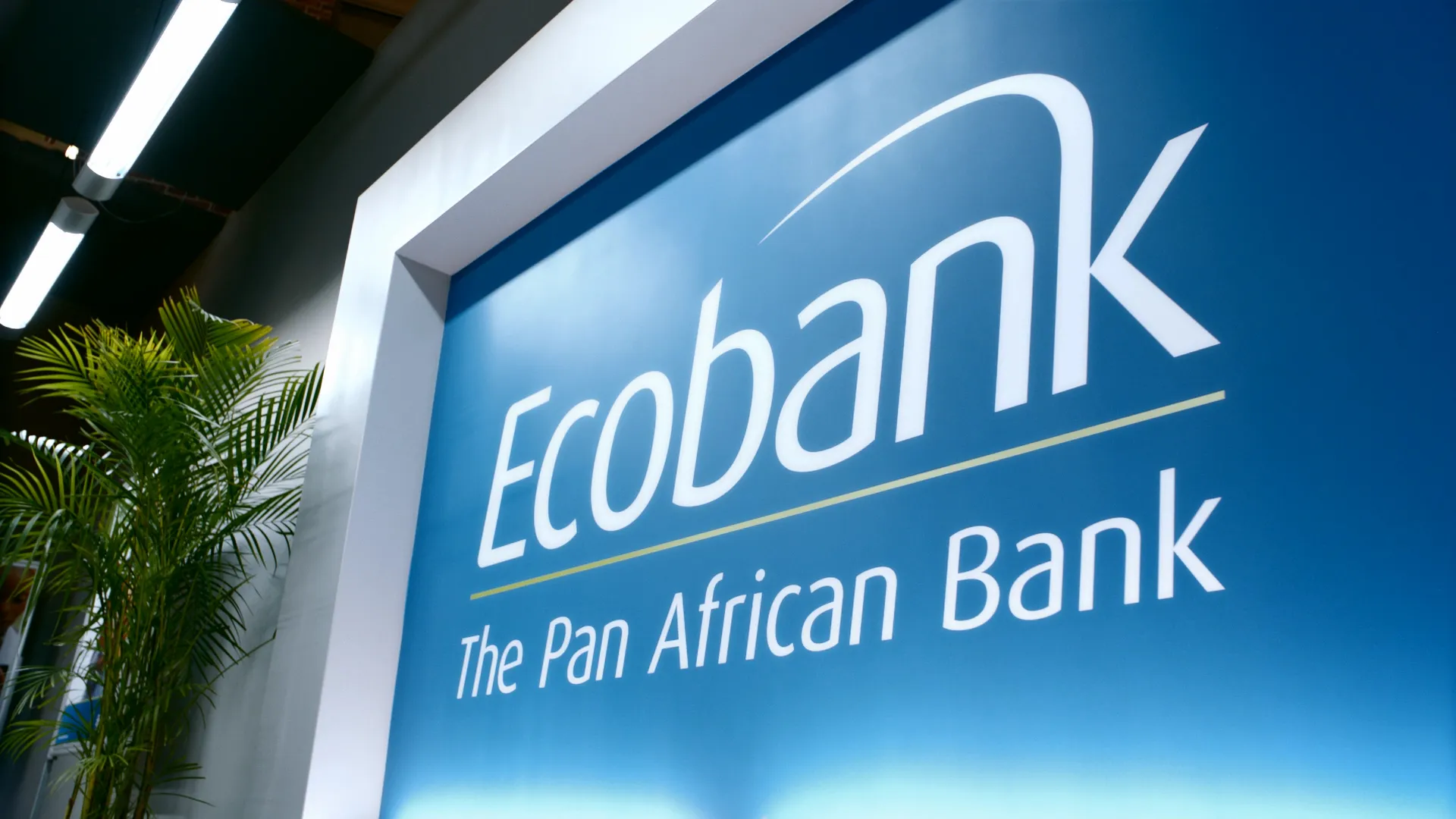
After one year in the saddle, how has your experience in private equity helped you settle intoto the chairmanship of Ecobank?
I want to believe that my work in private equity has shaped how I view performance. Not just in terms of numbers, but in terms of resilience, governance, and long-term returns. It’s also put me in a position to see what capital does to people on a day-to-day basis because we’re in a continent where every employee is responsible for many family members and people.
For me, you have to look at the numbers, you have to look at the environment and you have to look at the people and I think private equity really prepares you for that. Private equity also helps me have a sharper focus on capital allocation because you need cost discipline in investments and investment in platforms that scale. So all of this is crucial for a pan-African financial institution, you know, that’s operating across diverse markets.
But most importantly, my professional default is to always be ready to be a fan of somebody else’s work. So as a private equity professional, you invest and then if the CEO is good, you’re grateful because it makes you have returns. And today as chairman, it’s very similar. I have to be a fan of Jeremy’s work (Awori, Ecobank CEO). So, it’s very important that he succeeds and it’s very important that I’m right there next to him and sometimes behind to support him and give him what he needs to succeed because I cannot succeed without his success.
My experience in private equity also helps me to bring an investor’s perspective to board discussions which are critical in supporting management while staying accountable to shareholders. So, it gives you a culture of communication and connection with those who invest. That’s what I now do with our shareholders to keep them informed and to develop a relationship with them so that they don’t feel disconnected with the day-to-day, and you could see it today at the AGM. Some of the smaller shareholders that I haven’t had the privilege of spending time with voiced their frustrations about getting more information. I have high hopes on our ability to keep improving with that.
Private equity is mostly high net-worth customers but now you have to deal with around 641,000 shareholders. How was the transition?
Well, the transition’s been smooth because first and foremost I’m dealing with an institution that is professional and that actually does onboarding the right way and can handle this.
The second reason is that with my background, you may have a few shareholders, but you talk to hundreds or thousands of potential shareholders depending on your size. To those that are your shareholders, you have a duty of care and information. To those that are not your shareholders, you have to make them comfortable enough to say, “You know what, I want to be your customer.” So, transitioning into my current responsibilities at Ecobank has been pretty smooth.
Then when you arrive and find a team that’s capable and that’s professional, and gives you the resources to really give them the support, it becomes basically a virtuous cycle where you support them and they support you and the shareholders win and the depositors win.
Let’s talk about the GTR agenda [Growth, Returns, Transformation] introduced by the CEO, Jeremy Awori. Which do you think is the weaker link now and where will you put in more effort in the next year?
Look, I wouldn’t say the weaker link. What I will say is they all start to have their cruising speed at different times. They don’t all happen at once. What you’re going to see is that you need maybe a couple of years for the green shoots of transformation to start coming up. But in the short run, you need the growth so that the transformation does not break your back. Institutions that are not ready to undertake transformation are institutions that are doing a turnaround but this not a turnaround job. This is an actual growth and expansion job. The turnaround was already done by my predecessor Alain Nkontchou who I always praise for having done a solid job of really taking the company to [solid] profitability. I’m coming into a profitable company with two years of record revenues.
With this year 2024, we just concluded a record up streaming of dividends from the affiliates to the holding company. That’s a very solid position and we’re already seeing the results of growth. The transformation is taking place as we speak. But if you don’t have that growth and you face a little bit of volatility then you go sideways. That is not happening right now because Ecobank has a low margin of error for error. Hopefully, no errors will be made, but I’m very pleased with that. Now, you put all of that together, it gives returns. So we have the returns, we’re seeing it, and would like to see more. But that will be juiced up by the transformation. And the growth has to be underlying and continuous. So, they come in at different times, but I can’t wait for the world to start to see the results of the transformation because that’s where you’re seeing cultural transformation, in terms of mindset and so on, and how we address the clients, how we deal with them.
People will see that, for example, we’ve already started experimenting that you can open an account in Senegal and a couple of other beta testers within 5 minutes from your phone. Now, all of us who have grown in Africa know that just a few years ago that would have sounded completely crazy, but we’re doing that. You know, I am able from my phone to send money to somebody with an Ecobank account in Côte d’Ivoire, in Kenya, wherever. There are a number of other things like that that are part of the transformation mindset, the way we do business. Since I’ve been chair for a year, I have not once visited the Ecobank branch in Senegal [where I am based]. I’m a customer. I just transact online and everything is working smoothly. So, certainly the transformation is taking place, but when the full results start coming, then we’ll be having a conversation where you’re like, “Okay, you look like a different bank.” So, that’s when the transformation comes in. But the growth; we’re already seeing it and the returns – we’re seeing them, but we want more.
You’ve had interactions with Ecobank since the 90s when you were at the International Finance Corporation (IFC). Now you’re on the inside. Are there things that shock you now that you didn’t expect to see?
Well, it’s not just me. I think Ecobank has a broad community of well-wishers. I always knew this, but now in my position as chair, I meet people in airports and I hear; “Oh sir, I used to be at Ecobank. I’m now the head of this bank.”
All of them wish Ecobank well but at the same time they look at Ecobank from the perspective of where they left it, which is completely natural.
But I feel almost like my experience has been to gather the information about the changes then actually go back to some of my friends and say to them – it’s a different Ecobank because today it’s got a very solid institutional shareholder base which requires a different way of doing things. It requires a different way to operate. Ecobank has always had a solid board but that solidity is continuing with the support of the major institutional shareholders. When you have solid investors backing you, you can actually make a difficult decision of not paying dividends when you have the money because they understand and they support the board and they support the management in strengthening the bank some more so that we don’t go into some type of volatility and have that volatility affect our growth and our prospects. So those are big changes.
I’m a francophone in this position. I don’t personally believe in the francophone thing. I believe in being an African, but that’s how the world sees us. But that’s important because for a long time there’s been this fear by many people because they say it’s a Nigerian bank. It’s not a Nigerian bank, first and foremost, but Nigeria is a very important part of what we do and who we are from the founding fathers and a number of other people. It’s also good to have a CEO like Jeremy who I’m always so pleased to see showcase his well-roundedness as a banker. And so he’s able to really look at the number of things and have a view that’s based on experience. And that’s a big deal because sometimes, you could come to banking, like in my case, as a former investment banker. That’s a specific way to look at it. You can come at it as a person from project finance or from tech or from other things, but he comes in with a full complement of skills and I think that it’s an opportunity for Ecobank and we’re going to see the results of that.
Are you going to pay dividends next year?
You know, you’re asking me to predict what the world is going to be like next year. But I can tell you one thing, no one will be happier than me to say we’re having a conversation on the size of dividends because you know people will always have questions rather than conversations on zero versus one. I would love it that our conversation next year is about “okay you’ve paid this much, why didn’t you pay more?”
But we will not know until the end of the year. And then we will look at our situation, look at our balance sheet, look at our ambitions, look at the transformation which has its costs. Look at what growth we’ve had, and then we can start saying, “I see it’s just giving us the proper returns to pay dividends.” But I look forward to that.
Want to continue reading? Subscribe today.
You've read all your free articles for this month! Subscribe now to enjoy full access to our content.
Digital Monthly
£8.00 / month
Receive full unlimited access to our articles, opinions, podcasts and more.
Digital Yearly
£70.00 / year
Our best value offer - save £26 and gain access to all of our digital content for an entire year!
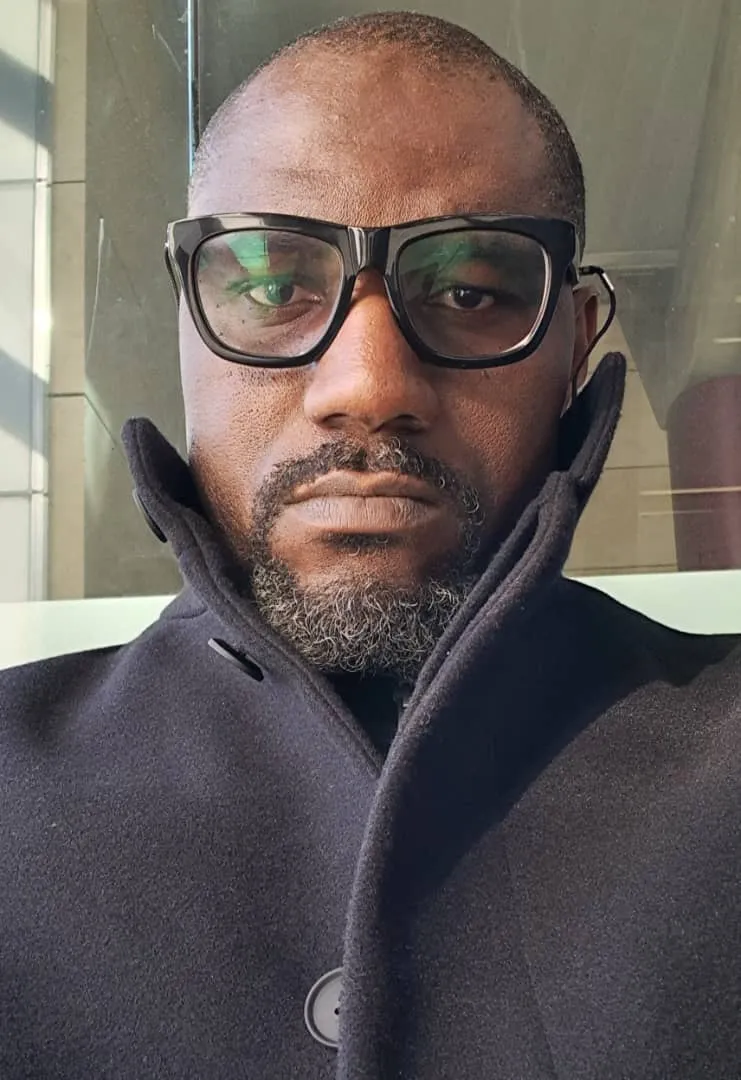
 Sign in with Google
Sign in with Google 